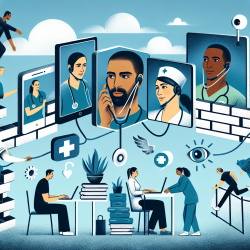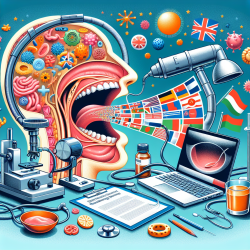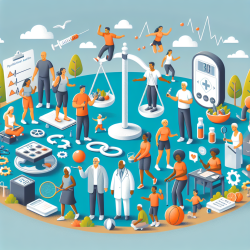Introduction
Speech-Language Pathology is a vital field dedicated to helping individuals overcome communication challenges, thereby enhancing their quality of life. In New York, the profession is governed by a set of rules and guidelines designed to ensure that practitioners provide the highest standard of care. This blog will explore frequently asked questions related to the practice of speech-language pathology and audiology in New York, offering insights into the profession's scope, legal requirements, and ethical considerations.
Understanding Professional Titles
In the realm of audiology, the title "AuD" can only be used by those who have earned a clinical doctorate in audiology from a regionally-accredited institution. It's crucial for audiologists to accompany the title "doctor" with their specific profession to avoid any professional misconduct.
Scope of Practice
While the law defines the scopes of practice for speech-language pathologists and audiologists, it is imperative for professionals to operate within their personal competencies. Practicing outside one's expertise, even if legally permissible, can lead to charges of professional misconduct. Practitioners must continually assess their abilities and seek further training when necessary to expand their personal scope of competence.
Record Keeping
Maintaining accurate and comprehensive patient records is a fundamental responsibility for speech-language pathologists and audiologists. In New York, records must be kept for a minimum of six years. For pediatric patients, records should be retained until the child reaches the age of 22, even if this extends beyond the six-year requirement.
Use of Aides and Assistants
New York State law mandates that only licensed professionals may provide speech-language pathology and audiology services. While aides or assistants can perform supportive tasks, they should not be referred to as "speech aides" or "audiology aides," as this may mislead the public regarding their qualifications and role.
Identification in Healthcare Settings
For those practicing in healthcare environments, wearing a name tag that clearly displays your name and professional title is a requirement. This practice fosters transparency and trust between practitioners and patients.
Credential Requirements
To provide speech and language services in educational settings, a certificate as a teacher of the speech and hearing handicapped is necessary. Independent practice or clinic-based services require a license and current registration as a speech-language pathologist. Additionally, contracting with schools necessitates both a speech-language pathology license and certification as a teacher of the speech and hearing handicapped.
Bilingual Extensions and Continuing Competency
New York does not offer specialty licensure for bilingual speech-language pathologists, although a bilingual extension is available for teaching certificates. For ongoing professional development, practitioners must complete 30 hours of continuing competency activities every three years to maintain their license.
Limited Licenses and Clinical Simulations
While obtaining a Limited License in Speech-Language Pathology is optional, it is available for those needing to meet Medicare billing requirements or complete supervised experience for licensure. Clinical Simulations can partially fulfill experiential requirements for licensure, offering a flexible pathway for gaining necessary clinical experience.
For more information, please follow this link.










